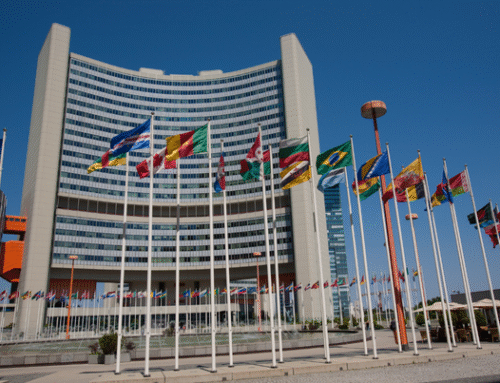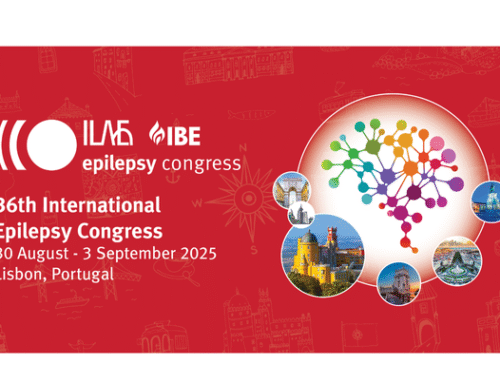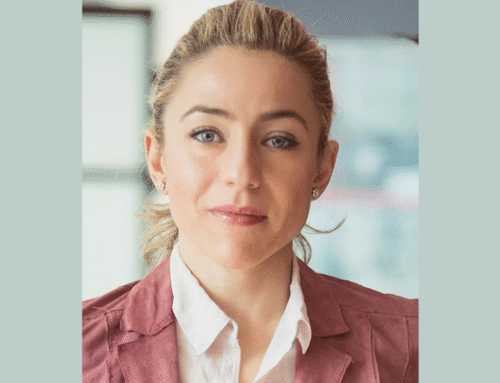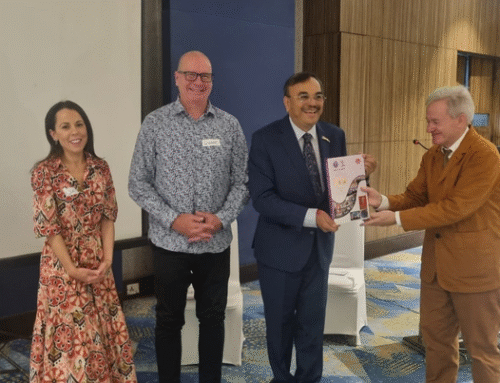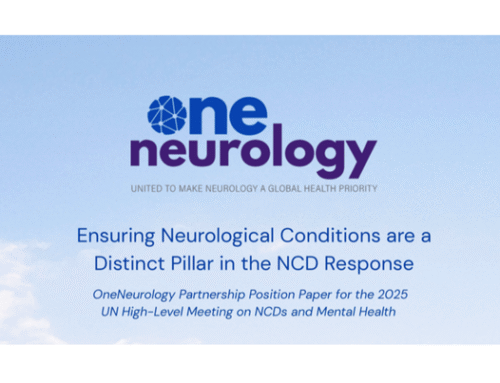The countdown has begun for the 36th International Epilepsy Congress (IEC2025), which will take place 30 August – 3 September 2025, in Lisbon, Portugal.
Following the success of our first initiative in 2023, this year’s congress will once again feature citizen journalists—an innovative addition that brings fresh perspectives to the event. Their role is to amplify the voices of those with direct experience of epilepsy, whether through their own diagnosis or in caring for a loved one. By sharing stories and reflections, they will provide a unique lens through which the congress can be experienced.
Bridging the Gap Between Clinical and Lived Experience
The inclusion of citizen journalists reflects a wider movement in healthcare towards person-centred care. It recognises that people living with epilepsy, and those who support them, carry valuable insights that can enrich professional understanding and ultimately improve outcomes.
As Lisbon prepares to host a global community of clinicians, researchers, advocates, and people affected by epilepsy, IEC 2025 promises not only to advance medical knowledge but also to elevate the voices of lived experience at the heart of the conversation.
Look out for our citizen journalists throughout the congress as they capture highlights, share their perspectives, and bring the stories of IEC 2025 to life.
Meet Our Citizen Journalists
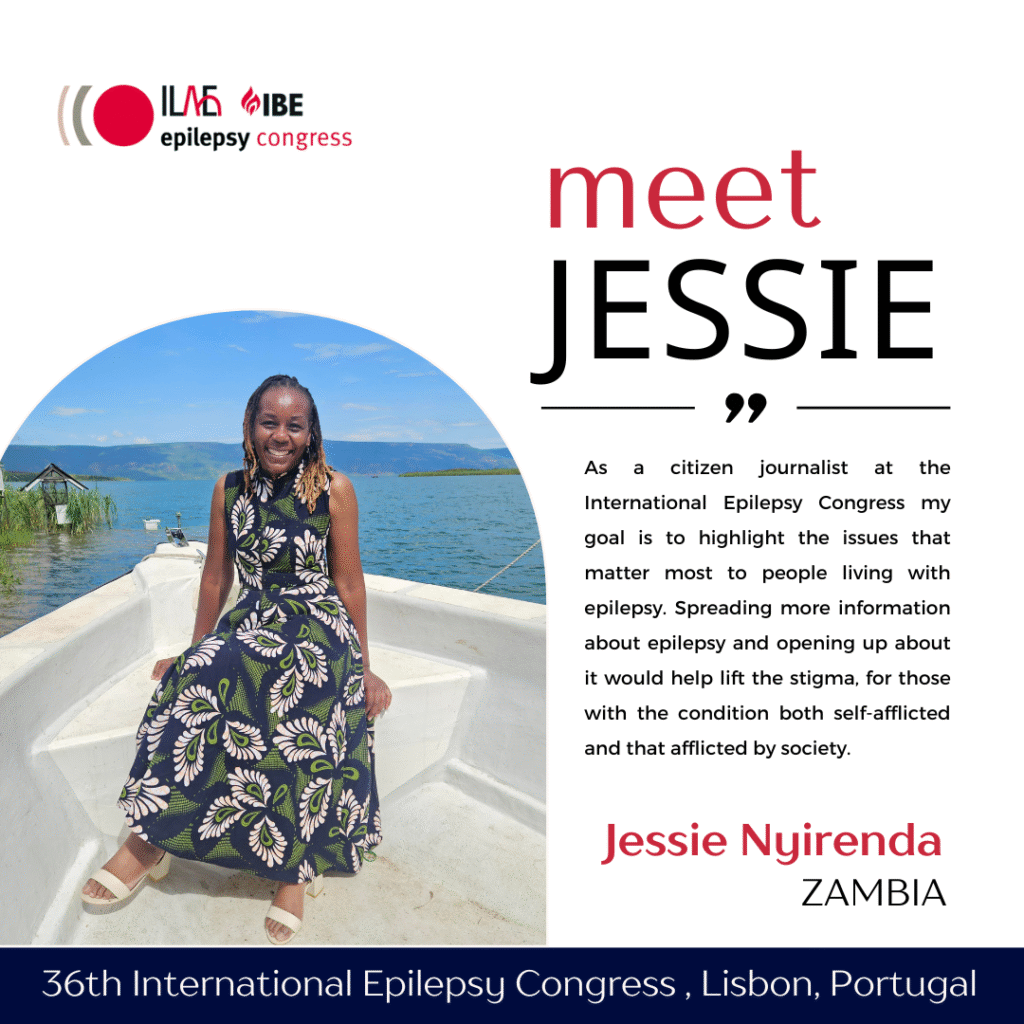
Jessie Phelile Nyirenda
Zambian Jessie has been living with epilepsy since 1994, when she was just 14 years old. Her epilepsy diagnosis and first seizure were stigmatized by society due to epilepsy’s association with spiritual attacks. The major hospital that deals with epilepsy cases in her country also deals with mental health issues, so her mother was challenged with the notion that her daughter was “mad.”
Medical treatment and counselling have allowed Jessie to manage her seizures and live a normal life. Since graduating from university, she has worked in the banking sector as a Gender and SME specialist. She advocates for those living with epilepsy directly by sponsoring medical bills and indirectly by speaking openly about her condition on social media and the radio. Her son has also been encouraged to accept the condition and explain it to his classmates and teachers. This has resulted in a major difference between her life and his as an adolescent with epilepsy.
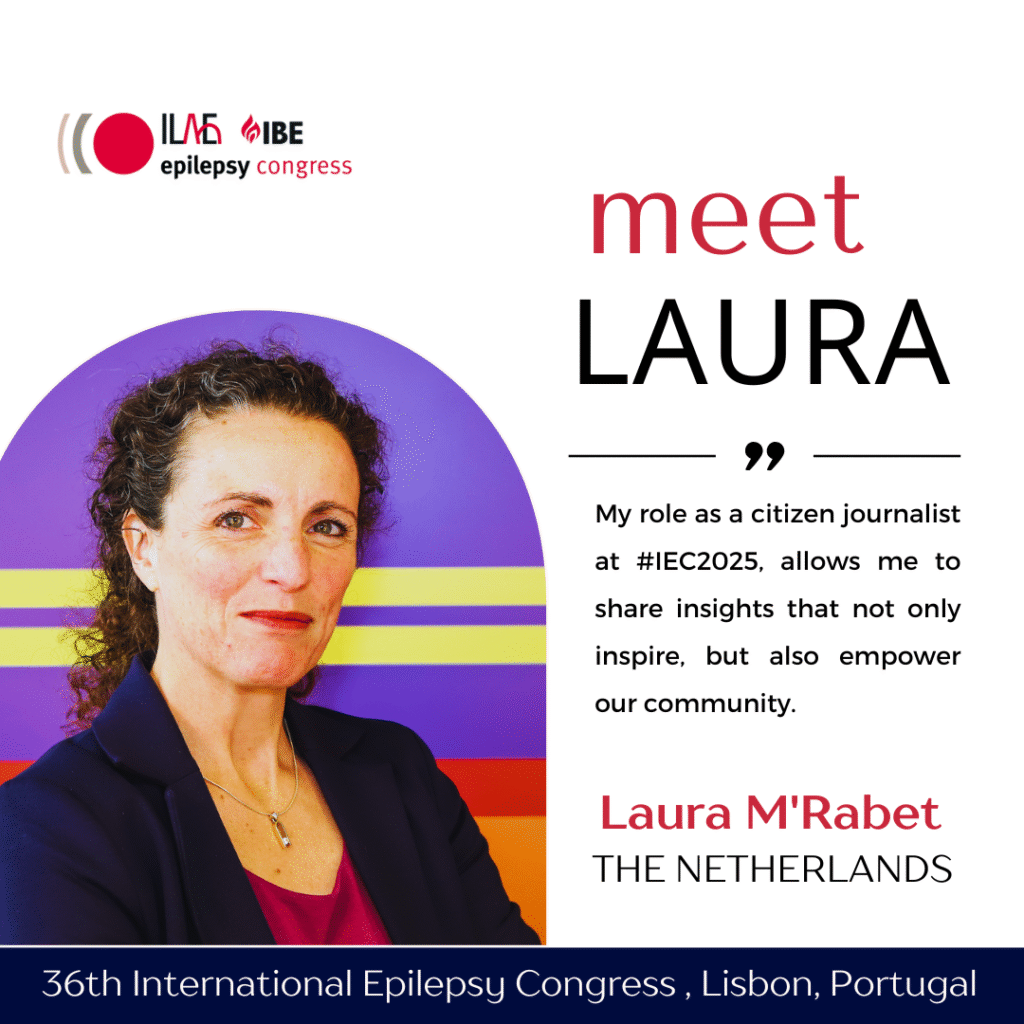
Laura M’Rabet
Laura earned her PhD in Molecular Sciences at Utrecht University and has extensive experience in applied research, entrepreneurship, and innovation in life sciences. As a member of management at EpilepsieNL, she is responsible for Knowledge and Innovation, with a strong focus on patient participation in R&D.
Combining her professional expertise with her lived experience as a mother of a child with severe epilepsy, Laura is dedicated to amplifying patient voices and bridging the gap between research, care, and society.
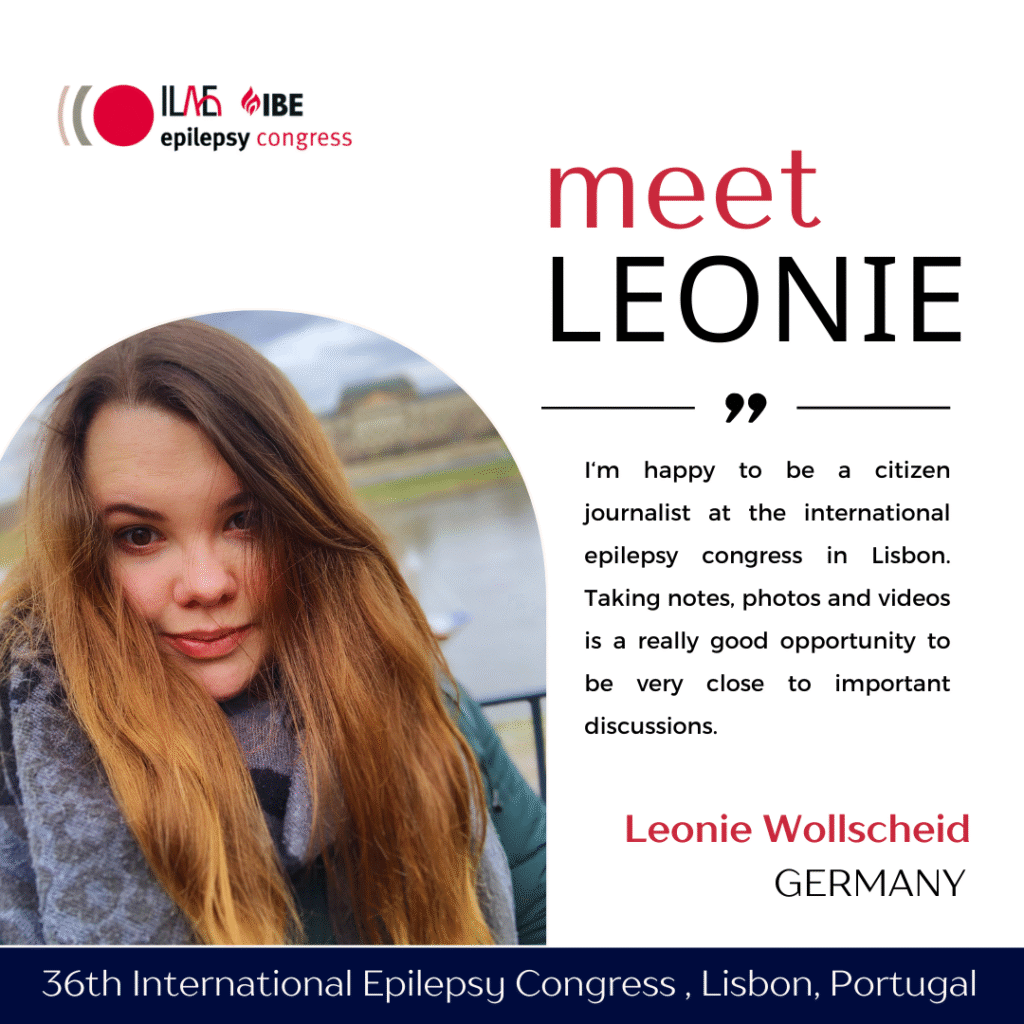
Leonie Wollscheid
A 26-year-old engineer from Germany, Leonie, is a person living with epilepsy. Drawing on her own experiences, she co-founded Epilepsie Empowerment Deutschland e.V., where she now serves as a board member, working to strengthen awareness, support, and advocacy for the epilepsy community.
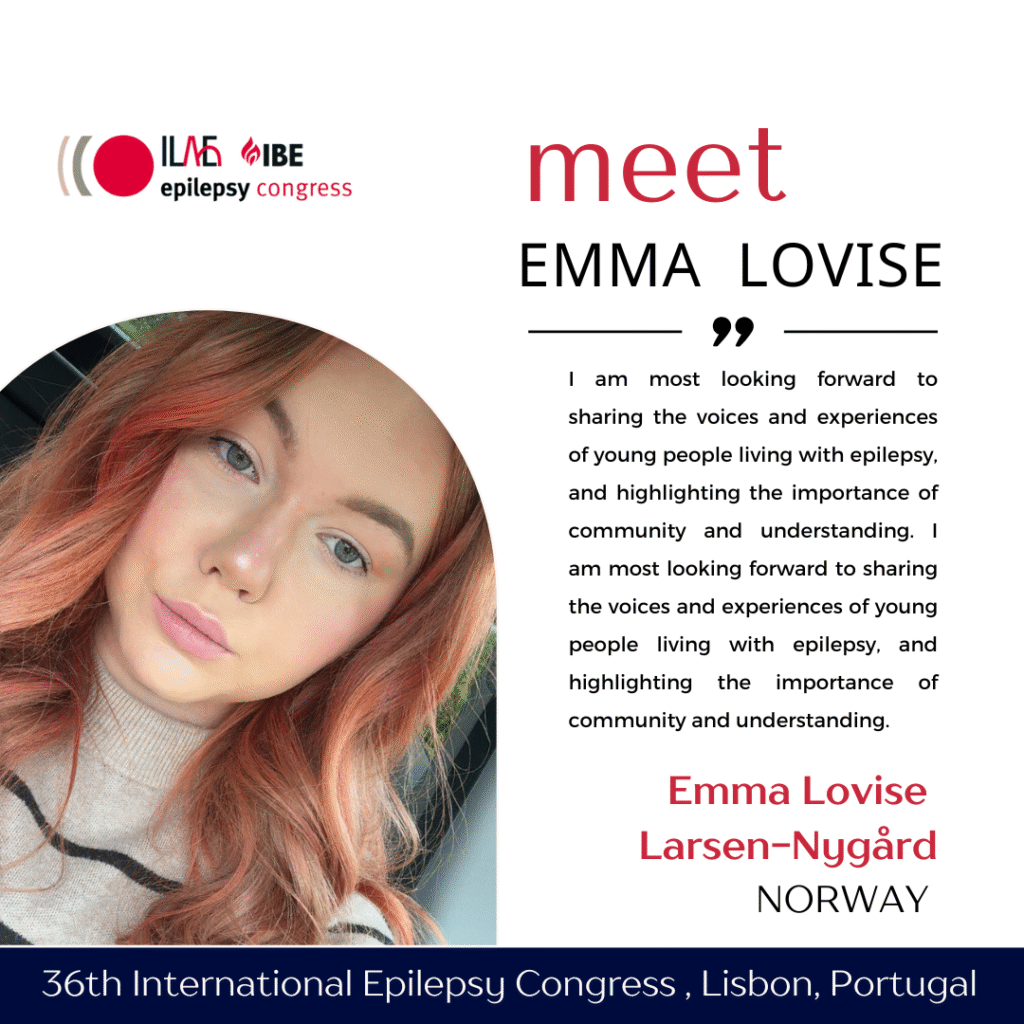
Emma Lovise Larsen-Nygård
Emma is based in Norway and is an active advocate for people living with epilepsy. She is engaged in national and international work through the Norwegian Epilepsy Association, with a strong focus on youth involvement, awareness, and empowerment. Emma is also a mother of two, combining her personal experiences with professional engagement to create positive change for others.

